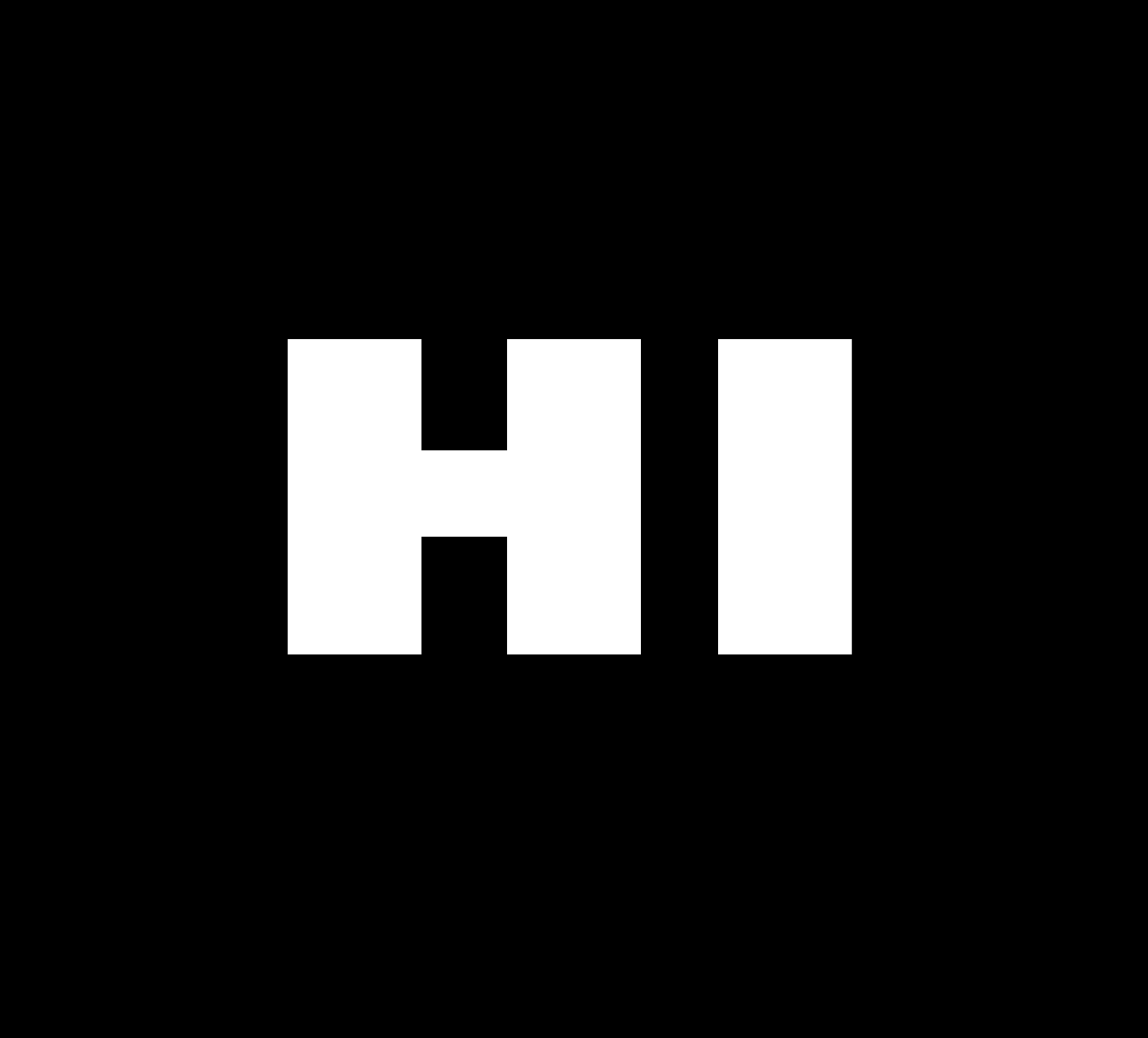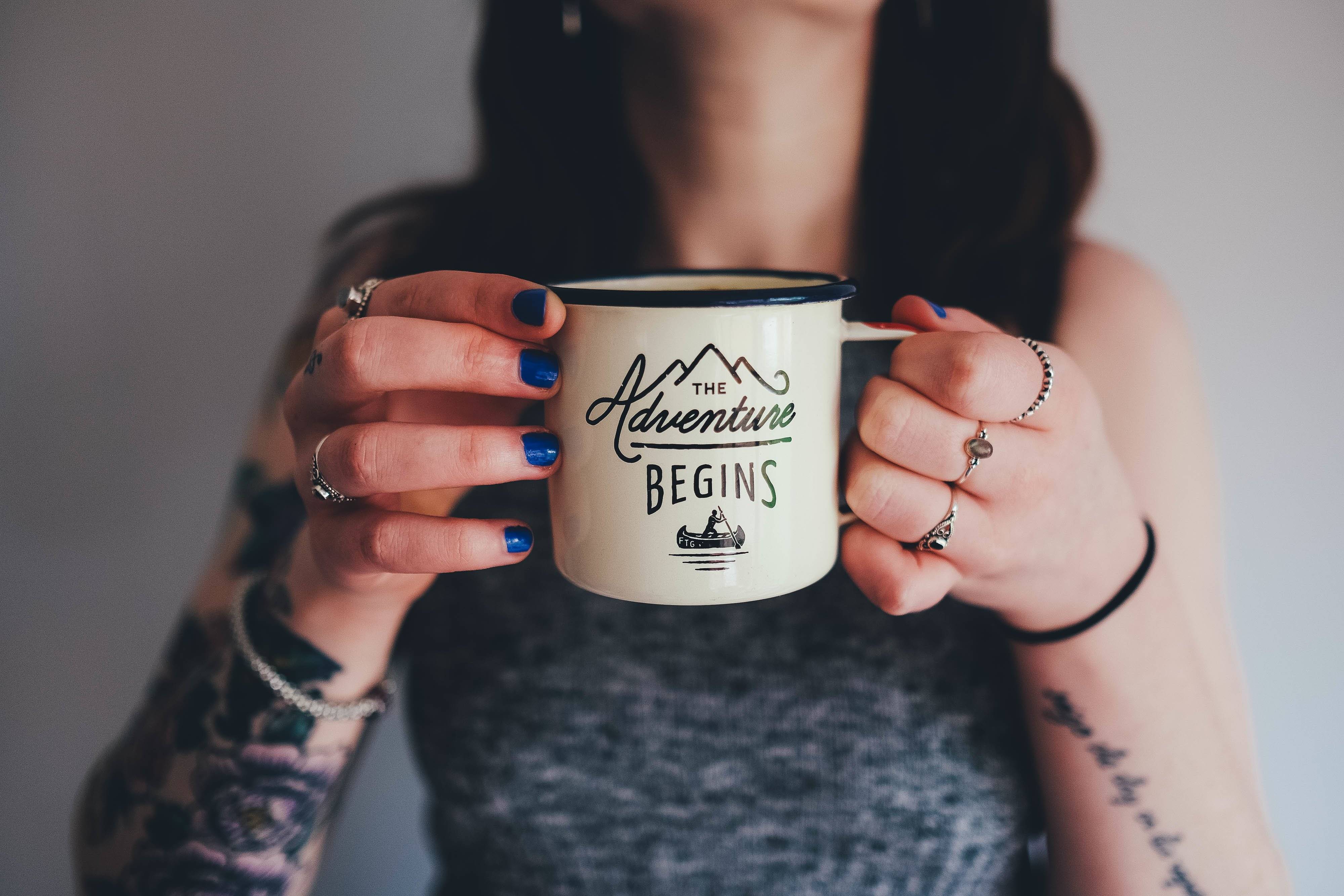In my work with Hyper Island, and the research I am doing on the future of learning and working, I’ve spent time observing people and behaviors. It helps me when developing digital transformation programs for large corporations and it helps me being a better parent.
In my work with Hyper Island, and the research I am doing on the future of learning and working, I’ve spent time observing people and behaviors. It helps me when developing digital transformation programs for large corporations and it helps me be a better parent.
I recently discovered that my five-year-old son had developed some bad habits, even at a young age — avoiding hard work, not being as curious anymore and a severe addiction to a device, in his case an iPad. I see similar behaviors every day in the workplace. These behaviors become such a big part of who we are they can be hard to separate between what is a behavior and what is our identity. And in many cases, they hide our ability to critically assess the world around us. With technology advancing at exponential pace there are some new key skills entire communities will need to develop and master. Critical thinking, curiosity, and creativity are at the top of the list. These skills are not acquired overnight, especially for adults, but they can be learned, built and cultivated over time with awareness, consistency, and discipline – and that is where sustainable change happens. Everyone knows we need to change, everyone says we must change, yet very few accomplish it. I believe it has to with the fact that people see change as this grandiose task, rather than a series of continuous and intentional tiny moments, changed habits and evolved behaviors.
Throughout my research, I came across tools of titans by thought-leader Timothy Ferriss, which helped me change my view on change [pun intended.] It simplified my own mental models around change and transformation. It gave me tools and routines I now use to facilitate Executives to go beyond the awareness piece (“I need to change”) to actually doing it.
The key element I rescued from this learning experience is that change requires a new set of behaviors and that if behaviors are made up of habits, habits are built through a set of routines. These routines define who we are and who we are becoming. But we need to be realistic, research shows we are only able to replace three habits at a time. And it all starts with identifying what behavior you want to change and then asking a very painful question; what habit are you willing to give up in order to develop a new one?
In recent projects and on a personal level, I have found this approach to be both useful, meaningful and transformational:
- Develop a hypothesis of what needs to happen to reach a goal (e.g. Run a marathon, learn a new language, checkless email, be a better leader)
- Identify which habits can get in the way and impede the goal from becoming a reality. We all have our immunity to change, excuses we make up in our minds based on our own beliefs systems. Becoming aware of these will help in the process of replacing habits.
- Select the three habits to replace and which three new habits will replace them. Being very specific about the behavior (actions) behind the habit is key. A good example would be that if the goal is to spend less checking less email, then a new behavior would be to delete the email App from the mobile device. This would help create a new habit, most likely it will take 21 days, about not constantly checking email on at least one device.
- Consistency is the only way to replace a habit with another one. We are only capable of doing/changing so much, so it is very important to be patiently determined.
Ask yourself “how do I want to be”? It is a great place to begin identifying habits to replace. I recently asked myself how I wanted to be and My answer was that I wanted to be more careful with my body and health. My three habits to replace; go from eating unconsciously to documenting calories and nutrition intake (currently on 61st consecutive day); replace checking Facebook with working out running, Zumba and functional exercises (I have lost 3.5 kilos of body fat and gained almost 4 in muscle weight); and to take care of how much rest I get so I replaced checking email at night with going to bed earlier with a sleep sustainability App.
These are some useful tools in the process:
- Stop. Start. Continue. Workshop.
- Way of Life. Habits building App.
- Pzizz. Rest sustainability App.
I believe this mindset is a powerful way to ignite “sustainable change which can lead to individual growth to unlock new possibilities inside organizations. Change begins with one person, whose behaviors influence others beyond a strategy and a business plan. More self-aware individuals can not only change themselves but also their companies, families, societies and even the world. This represents a big shift in societal norms to go from focusing on what (profession) people want to be to how (behavior) people want to be.
Hopefully, in a few months, you can also share the habits you have been able to build and replace!
How about joining a global group of leaders working hands-on with business transformation? Work on your own case with feedback, coaching, and peer-collaboration. This intensive 6-week virtual program will equip you to accelerate change in your business.
About the Author
This article was written by Hazel Swayne.
Hazel helps companies and people learn the mindset needed to navigate change and to be future-ready. She is a digital nomad, mother of 5, currently exploring the future of education by traveling with her family around the world. Obsessed with life-long learning and with empowering parents with new tools they need to help mobilize society forward.


